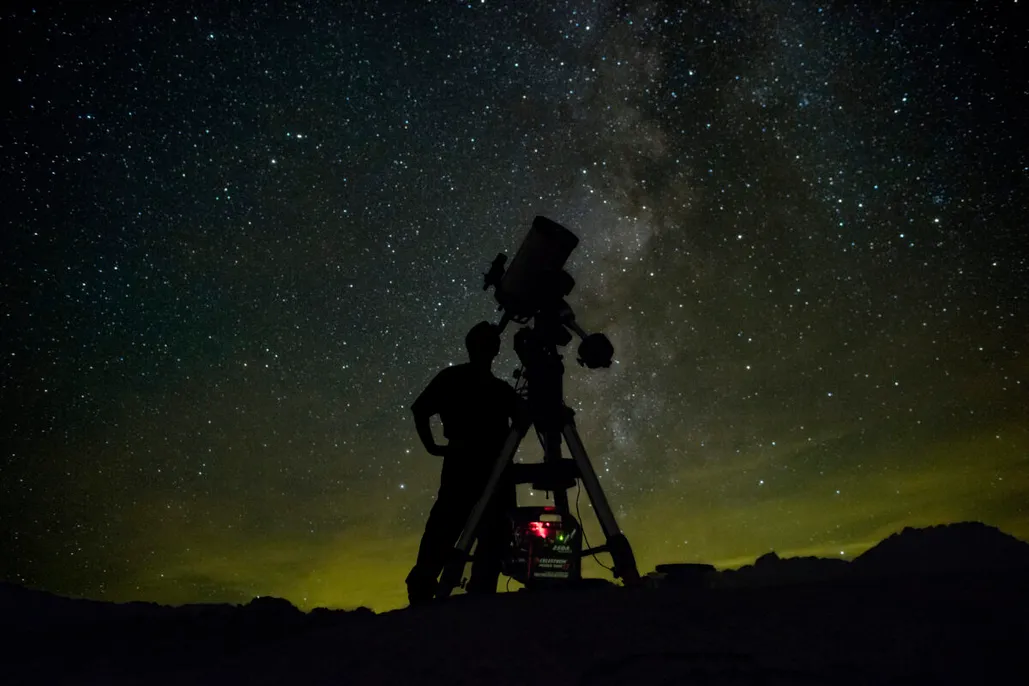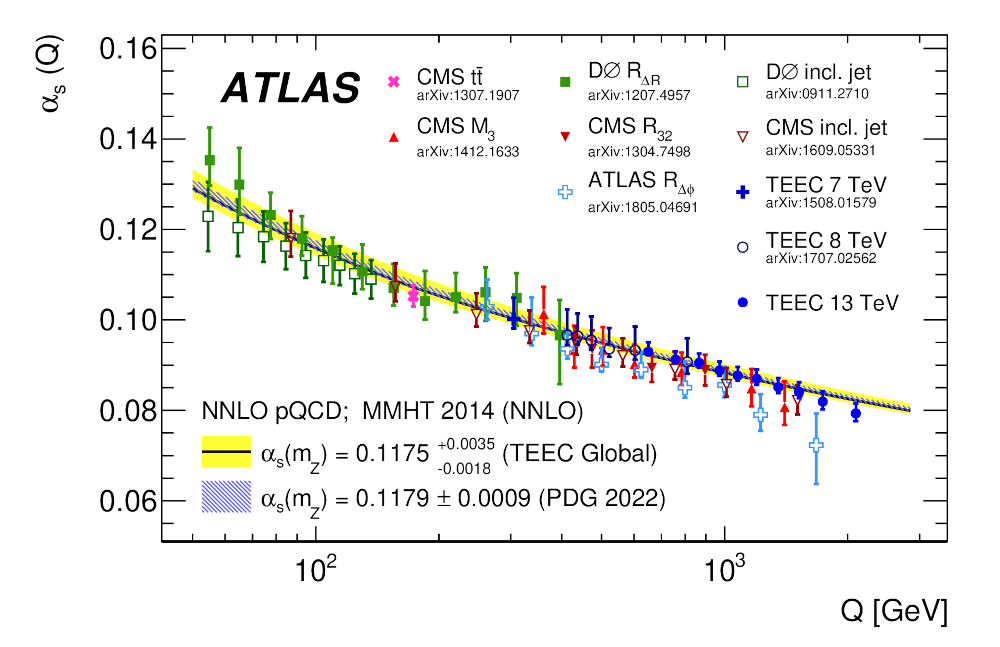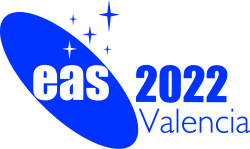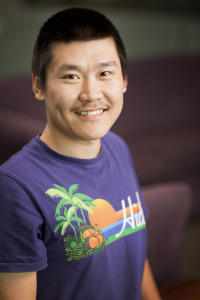Outreach workshop on Astronomical Observations

The CIAFF Astrophysics Group is participating in an outreach event on astronomical observations organized by "21 Distritos".

The CIAFF Astrophysics Group is participating in an outreach event on astronomical observations organized by "21 Distritos".
From October 2024, Luka Lotina has started working at CIAFF as new postdoctoral researcher in the Nuclear Physics group.
Luka obtained his PhD at the University of Zagreb in July 2024. His research is focused on nuclear deformations and how they affect various properties of the nucleus, such as the excitation energy spectra and transition probabilities.
The CIAFF member Luis Miguel Robledo has been recognized in Stanford University's "World’s Top 2% Scientists" list, which highlights the most influential researchers across various scientific fields. He joins a prestigious group of 101 scholars from the Universidad Autónoma de Madrid.

The300 project is a simulation of 324 large galaxy clusters modelled with different full-physics hydrodynamical re-simulations and semi-analytical models (SAMs). Its purpose is to provide a large catalogue of theoretically modelled galaxy clusters for cosmological and astrophysical applications.

The strength of the interactions in quantum chromodynamics (QCD), determined by the strong coupling, is predicted to decrease with energy leading to an asymptotic freedom. The ATLAS collaboration has measured how this parameter runs with energy in the TeV region with an unprecedented precision.
From January 2023, Dr. Ana Cueto Gómez has started working at CIAFF with a senior researcher grant "Ramón y Cajal".
From January 2023, Dr. Samuel A. Giuliani has started working at CIAFF as "Ramón y Cajal" fellow.
The main research fields of Samuel are the study of the properties of exotic nuclei and the nucleosynthesis of heavy elements during the rapid neutron capture process.

In our best understanding, the Universe is dominated by two elusive components: dark matter and dark energy. There is a strong effort to constrain these dark components using galaxies as their tracers.
Dr. Violeta Gonzalez-Perez is organising a symposium to explore this project during the European Astronomical Society Annual Meeting:
From May 2022, Dr. Weiguang Cui, has started working at CIAFF with a senior researcher grant "Atracción de Talento de la Comunidad de Madrid".
